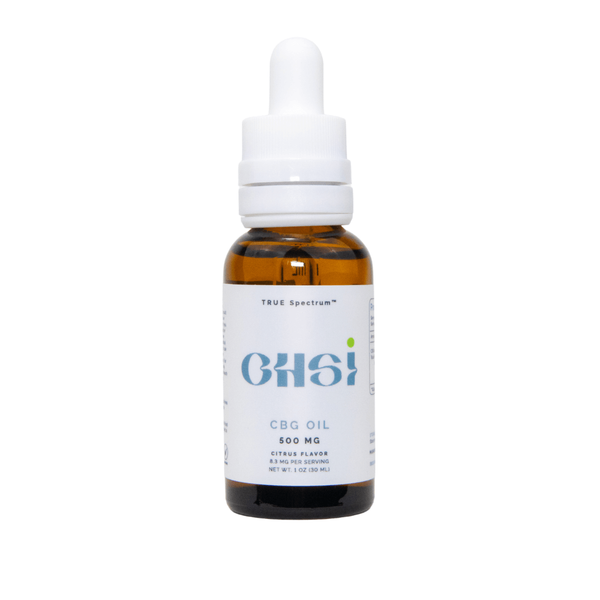Individuals undergoing treatment for cancer deal with numerous physical and psychological symptoms, especially poor sleep. Not sleeping well leaves you with daytime fatigue, impatience, and problems focusing long to get anything done, which is annoying on days that you have off from clinical visits. Being awake in the middle of the night is mentally challenging and the quiet of night hrs leave little to distract you from worries about your cancer experience and various other life stresses.
Given the distress of not sleeping, of course, individuals are going to look for relief. Both supplements are widely marketed and guaranteed to help people sleep well without prescription.
Research studies have revealed that in a high portion of cases, what is in the supplement is not precisely what is on the label. Supplement contamination with other sedatives or included chemicals to help with shelf life, smell, consistency, and so on might come with serious side effects such as lung injury as the recent news concerning vaping harms demonstrated.
Regulation of the hemp growing industry is not widely done, and what is marketed as CBD may have more THC (the psychedelic part of the cannabis plant) than you want, which can trigger a sudden change in assumption which is anxiety-provoking for some individuals.
The CBD products are so new to the market that we have no research study right into whether or not CBD assists sleep problems in individuals with cancer cells, or is safe throughout cancer therapy.
There has been use of CBD blended with melatonin in medical care, mostly because it has constantly been lawful, but also because there is a study to support using melatonin to remedy heart rhythm conditions, situations, when people have their nights and days turned around due to shift work. If melatonin is utilized for sleeping disorders, the recommendation is to take it 2 hrs before bed, because the objective is not to feel drowsy, however, to reset your body clock, implying the melatonin in your body gets launched at the right time in the day-night cycle.
This treatment, backed by a research study, is carried out by a professional specialist and emphasizes healthy and balanced sleep hygiene. If you do not have accessibility to CBT-I therapy, you can still make changes to your sleep hygiene– and boost your sleep– on your very own. For better sleep, set up your daily timetable to ensure that you are keyed for therapeutic sleep during the night:
- Wake up at the same time every day, and allow your eyes to be open to the morning light. The early rays will reset the melatonin already in your body.
- Get outside and stroll daily– exercise is medication for your sleep.




